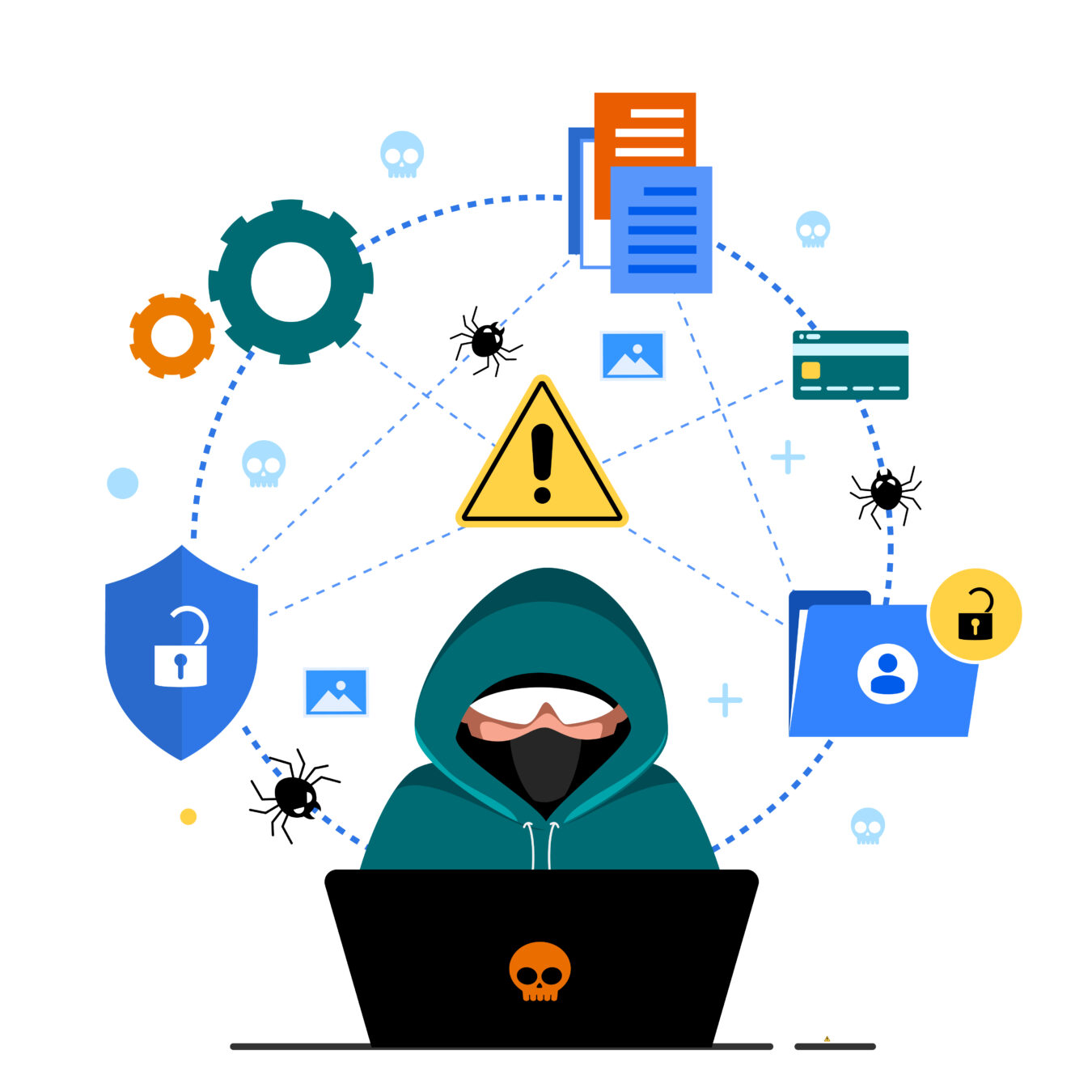Identity theft is a serious problem that affects millions of people each year. It’s also one of the fastest-growing crimes worldwide today. Identity theft can happen to anyone, regardless of age or socioeconomic status.

Often, identity theft victims aren’t even aware that their personal information has been stolen until they receive bills or letters asking for payment on accounts they don’t recall using.
Learn here what identity theft is and how to protect yourself from being a victim.
What Is Identity Theft?
Identity theft is when someone steals your identity and uses it to commit fraud. It’s a huge problem that affects millions of people every year, and there are several different ways thieves can steal your information.
There are several different types of identity theft, including:
- Direct impersonation: If someone uses your personal information to open up a new account in your name
- Indirect impersonation: If someone gets access to your personal information but does not use it to open up a new account in your name
- Phishing: A scam that pretends to be from a legitimate company and asks for sensitive information
How Do Thieves Steal an Identity?
Identity thieves can steal an identity in many ways. They will be looking for your Social Security number or credit card number. So, if you think someone is stealing your credit information, immediately contact the most recommended credit repair companies to help you. These thieves also love to get hold of photos of you and your family and any other personal information that can be used against you.
If you have any of this information on your computer or smartphone, it’s essential to keep it secure. Ensure all passwords are changed regularly, and never use the same password twice on different devices or accounts. Don’t share your passwords with anyone else—not even family members. If someone finds out what they know about your identity, they might try to steal it from you and yourself.
It’s also important to track who has access to your accounts. When you make purchases on websites with a credit card, check which website has been permitted by the company that issued the card before signing up for something like a shopping cart service.
How Can You Protect Your Personal Information?
Identity theft is a real problem, and it can happen to anyone. If you’re worried about your privacy and the security of your personal information, here’s what you need to know:
You should always be careful when giving out personal information online. It’s best to use different passwords for every site you visit and ensure that they’re long and hard to crack (for example, using a combination of upper and lower case letters, special characters, or numbers). You should also change your password often.
You should always keep an eye on your bank statements for any unusual charges from a new credit card or bank account number if there are charges that don’t seem like they should be on there, contact the company immediately so that they can investigate whether or not it was fraud committed against them by someone else pretending to be you.
If someone could access your credit report or other financial information through identity theft, this would also allow them access to other accounts. So be sure your personal information is secure and those of any family members who have access.
What to Do if You Suspect That Your Personal Information Has Been Stolen
It means that you’re at risk if you don’t take steps to protect yourself—and it’s easy to fall prey to this type of crime. If you think your identity has been stolen, there are several things you can do right away:
- Contact your local police department immediately and report what happened as soon as possible.
- Ask for a copy of your credit report free of charge from each major credit reporting agency (Equifax, TransUnion, and Experian). You should also request your credit report from one of these agencies at no cost if you’ve recently opened new accounts or if someone opened an account in your name without permission.
- Set up fraud alerts with all three agencies so that if anyone tries to open or use any new accounts in your name, they’ll be easily caught.
Final Thoughts
Depending on your circumstances, you can take various measures to protect yourself from identity theft. There are no one-size fits all solution when it comes to identity theft protection, but don’t let that scare you.
Pick a couple of methods, stay up-to-date on the latest security threats, and you will be more than all right.
